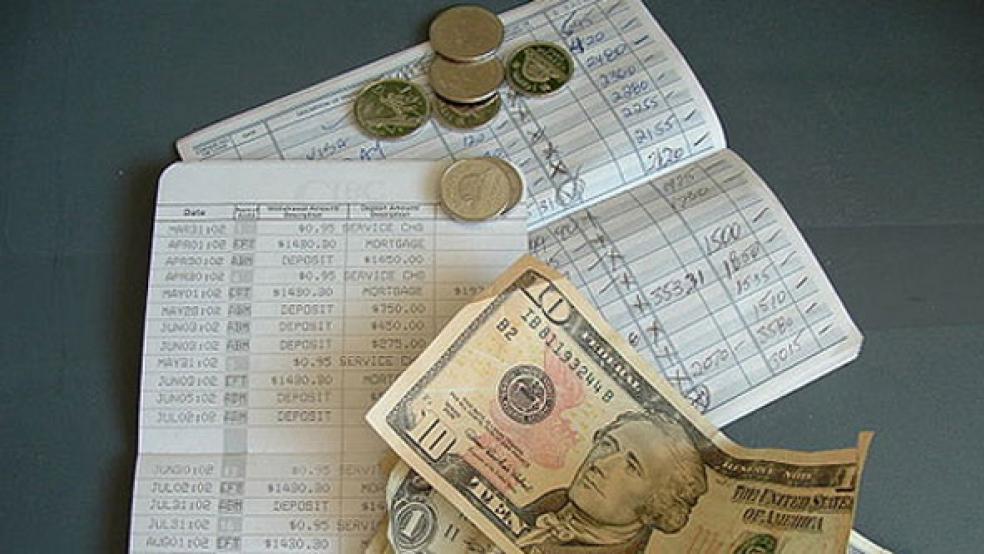Gather round because here is today's personal-finance lesson inspired by famed Hollywood screenwriter William Goldman: Nobody knows anything.
In other words, no one knows where the market is headed. No one can tell you exactly what financial moves to make. And no one knows where they are going to be 40 years from now.
Related: 5 Ways the Economy Is Undermining Marriage
Here is what you can do: Make your best guess and muddle through life the best you can. That's the thesis of The One-Page Financial Plan, the new book by New York Times columnist Carl Richards.
Rather than over thinking everything to the point of paralysis, just jot down a few general goals, get started, and don't beat yourself up over past mistakes. Reuters sat down with Richards to talk about the surprising power of simplicity.
Q: Personal-finance experts usually don't talk about uncertainty. Why was that important for you?
A: The giant fantasy of financial planning is that we all know exactly where we will be in 40 years, so we just need to sit down and plan for it. That gives people a false sense of precision.
Related: 3 Secrets to a Better Job (and More Money)
The reality is that most of us don't even know where we will be six months from now. We don't know what our utility bills will be in the future, let alone when we are going to retire or when we are going to die. So the natural human reaction is to say, aw, just forget it. But that's not a good choice either.
Q: So what should people do?
A: Call it what it is - guessing. Give yourself permission to let go of all this anxiety, and just make the best guess you can and be committed to the process of guessing.
Q: Your book is called The One-Page Financial Plan. So what's on that one page?
A: On my one-page plan, there is a statement at the top of what's important: For my wife and I, it is to spend time with the family, and to serve in the community. Then there are three goals: To fully fund all retirement accounts, to fully fund our kids' education accounts, and to put money away for a house.
That's it.
Related: 9 Real Estate Trends to Watch in 2015
Q: You have had some financial missteps yourself. How did those experiences inform the book?
A: When you write publicly about this stuff, people think you have everything figured out. But nobody is foolproof, and making financial decisions is hard.
We got caught up in a very basic mistake: Projecting a rapidly growing business, which meant we could afford a big house. It turned out the business didn't keep doing that, and we were faced with the tough situation of owing far more than the house was worth. So we lost it.
Q: What is one trick people can use to get their finances under control?
A: I use what I call the 72-hour Test. Once I found myself with a stack of unread books on my desk, and I thought: 'What if I just waited 72 hours between when I thought I had to absolutely have a book, and when I actually purchased it?' The surprising reality is that after 72 hours, whatever it is, you usually discover you don't need it anymore.
Related: This Is the Worst State for Retirement in 2015
Q: What about debt - how much is too much?
A: I have yet to meet anyone who has paid down debt and was unhappy about it. Maybe on a spreadsheet it makes sense to have some mortgage debt, and invest the difference in the stock market, and make a bunch of money. But paying off your home makes people really happy.
Q: We are all so anxious about money. Why is that?
A: Money is not just about math, it's about emotions. The stuff you dream about, the stuff that keeps you awake at night, your most cherished dreams and your biggest fears. The rubber always meets the road with dollars. That's a very potent cocktail.




